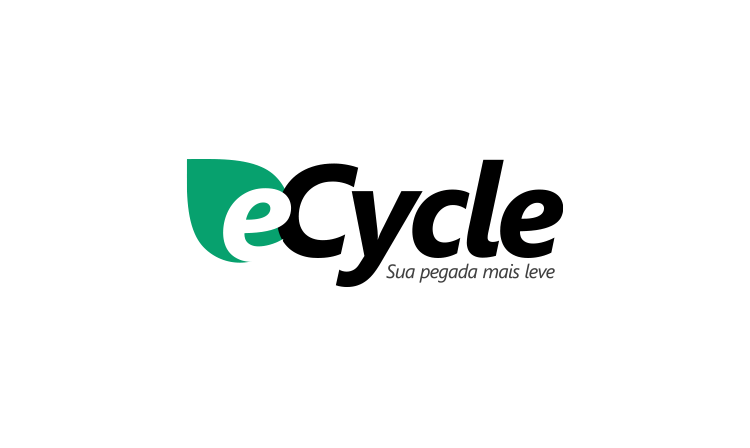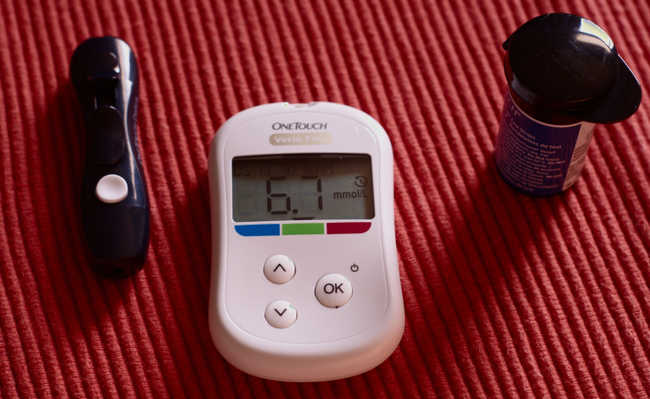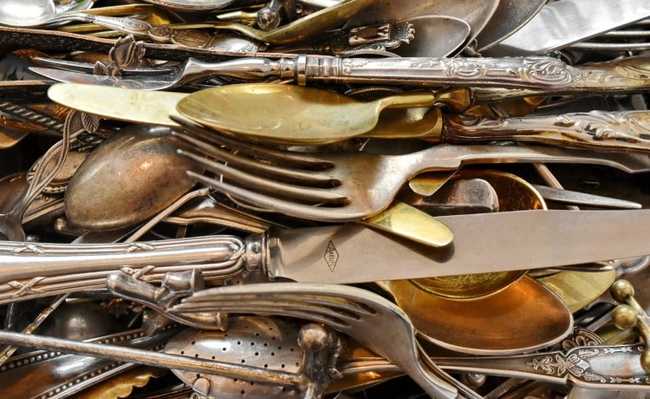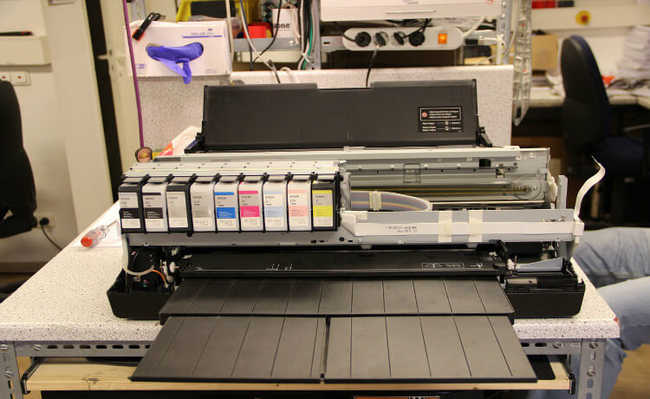Care when donating and receiving medication
There are ways to donate those disused drugs, but there are risks that accompany this action
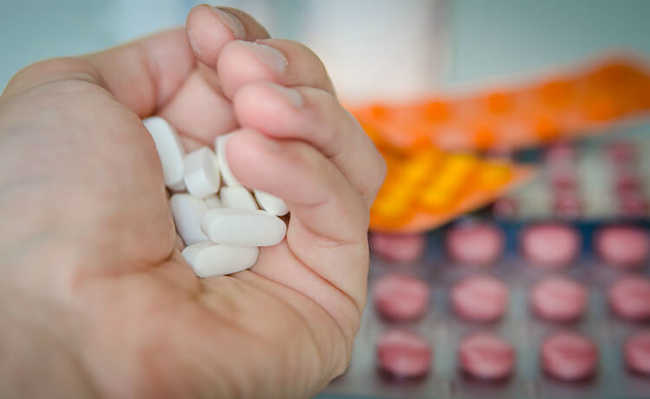
Disused drugs stored at home can pass their expiration date and so we throw away large amounts of expired drugs that, if not disposed of correctly, can cause serious impacts on the environment and human health (learn more in "Understand the risks of disposing of medicines and how to avoid it"). In order to reduce the waste of these drugs, many people look for alternatives for what to do with them. Drug donations are a way to try to avoid waste and help the poorest population, who often cannot afford certain medicines, due to the price and availability.
There is still no national legislation that prohibits or authorizes the donation of drugs, so there is no regulation or guidelines on good practices related to the donation of this type of material. This practice, despite being carried out with good intentions, can bring problems to those who benefit from donated drugs, especially for the donation from individuals to individuals. Generally, drugs donated to the public sector or to organizations come from pharmaceutical industries, distributors and laboratories, as they have correct storage practices, which often do not occur in homes. The storage method influences the quality and preservation of the medicine and usually in homes, storage is done in drawers or boxes and there is no way to guarantee the quality of the product.
Organizations, community pharmacies, public hospitals, upon receiving donations, screen the drugs that are appropriate for use. A qualified professional is responsible for evaluating the quality of the medication received, in order to classify and redirect its use, making those medications not found in the public network and others available to the population. If the place of donation does not require a medical prescription, be careful, it is likely that the drug screening has not been done and the quality of the drug may be compromised, putting the patient's health at risk.
The World Health Organization (WHO) only accepts large amounts of donations from NGOs, pharmaceutical companies, associations, etc. There are several prerequisites for donating drugs to ensure the origin and quality of products, this example demonstrates how drug donation should be taken seriously.
In addition to compromising the quality and efficacy of the product, donation between individuals is also dangerous because when a patient is taking a drug, the prescription is made exclusively for his or her conditions, such as dosage and treatment time. If another person uses this medication, the effects may be different, especially if there is no medical supervision (learn more in "Five important precautions with medications".
If you want to donate or receive your medications, research the place well. The Central Institute of Hospital das Clínicas, Faculty of Medicine, University of São Paulo, with the Safe Medicine Return Program, encourages patients to return medicines that have not been used and, after being considered to be in perfect condition, are dispensed to other patients. Other programs in Araraquara (SP), Itanhaém (SP), Criciúma (SC) also receive and donate medicines.
The most correct and safest attitude is to consume consciously. Buy only the amount indicated for the treatment. If there is no drug fractionation, buy the closest possible amount to avoid and reduce leftovers. Remember to always store the medicine in its original packaging and in a cool, dry place to maintain its therapeutic properties. If the drug is expired or in a poor state of conservation, do not donate, but dispose of it correctly at a collection point near you. See where to dispose of expired medications.



